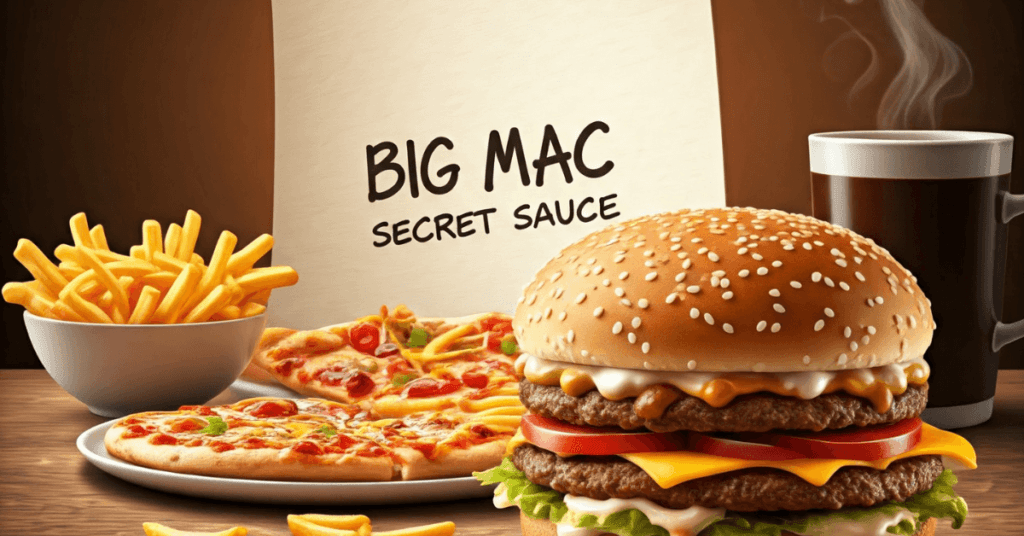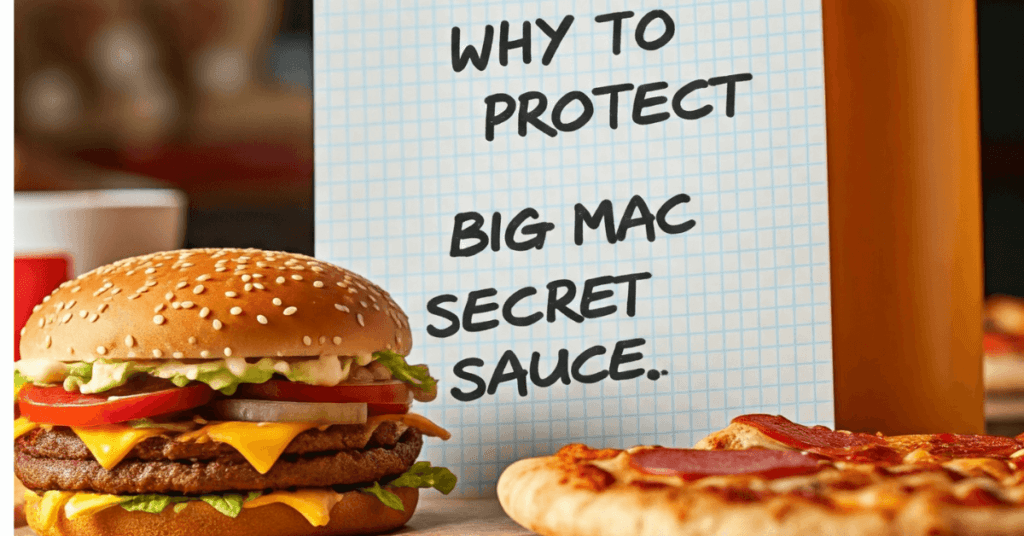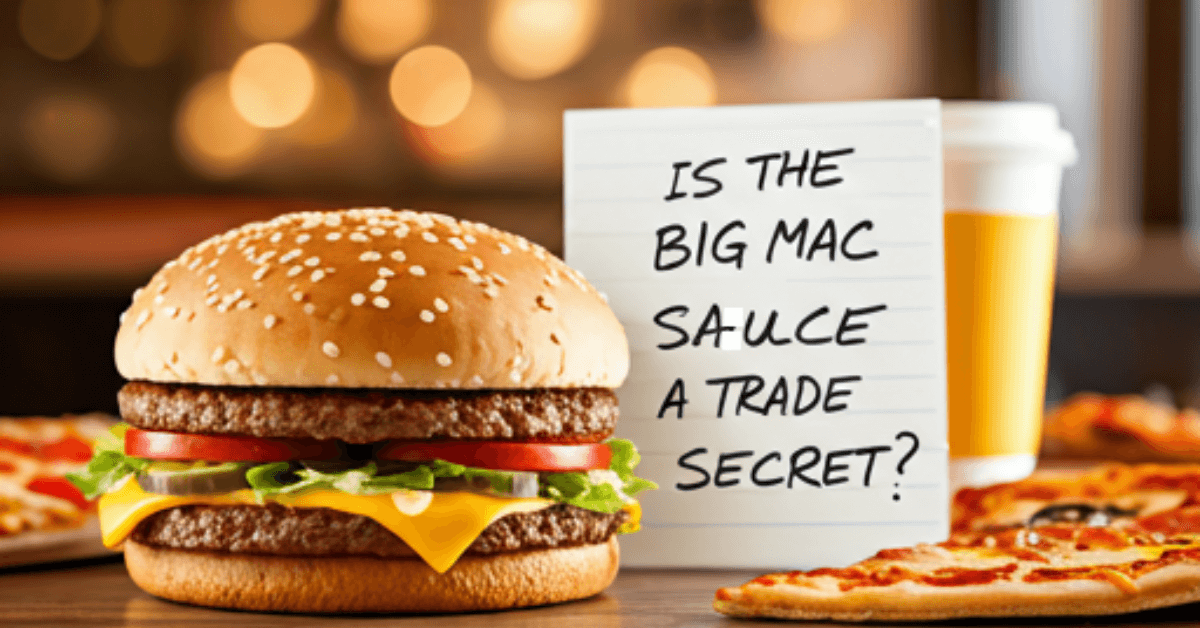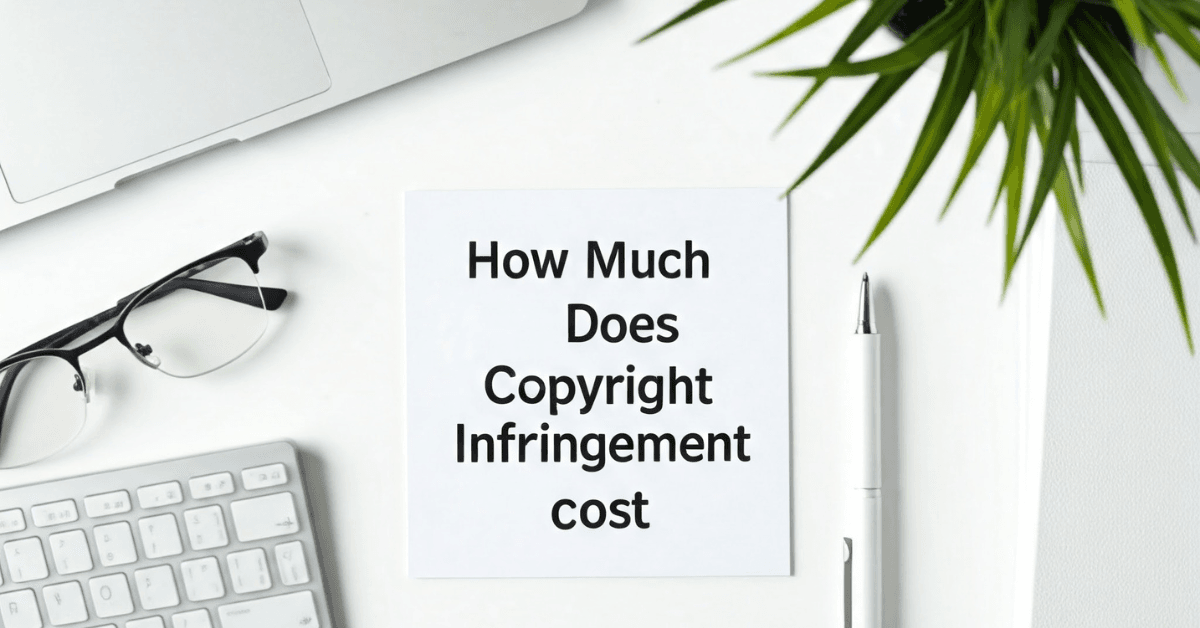Is the Big Mac Sauce a trade secret? That’s the million-dollar question, isn’t it? Is it truly a trade secret, or has the recipe been revealed somewhere? If you’ve ever wondered about this while enjoying a Big Mac, you’re not alone.
Let’s jump into the fascinating story behind the Big Mac sauce, why businesses protect trade secrets, and strategies to safeguard them.
What Exactly Is Big Mac Sauce?
Big Mac sauce or ‘secret sauce’ is McDonald’s signature condiment that gives their famous burger its distinctive flavor. Often mistaken for Thousand Island dressing, the Big Mac sauce has a unique tanginess and creamy texture that sets it apart. But what’s in it?
If you’re thinking, “Surely someone must have cracked the recipe by now,” you’re not entirely wrong. The ingredients have been revealed in bits and pieces over the years. But is this public knowledge, or does McDonald’s protect it as a trade secret?
Is the Big Mac Sauce a Trade Secret?

The short answer? Yes, but there’s more to it. Trade secrets are a form of intellectual property (IP) that protects confidential business information providing a company with a competitive edge. McDonald’s Big Mac sauce falls into this category.
While the basic ingredients (mayonnaise, mustard, relish, vinegar, and spices) aren’t exactly revolutionary, the specific proportions, preparation method, and sourcing of ingredients remain confidential. This is what makes it a trade secret.
Key Elements to Determine a Trade Secret
Trade secrets are not automatically protected. To qualify as a trade secret under intellectual property laws, certain key elements must be satisfied:
1. Secrecy
The information must not be publicly known. If the Big Mac sauce recipe were freely available online, it wouldn’t qualify as a trade secret.
2. Commercial Value
The information must provide economic value due to its secrecy. For McDonald’s, the Big Mac sauce contributes to its brand uniqueness and customer loyalty, making it highly valuable.
3. Efforts to Maintain Confidentiality
The owner must take reasonable steps to protect the information. McDonald’s does this through non-disclosure agreements, restricted access, and decentralized ingredient sourcing.
How Long Do Trade Secrets Last?
Unlike patents, which have a fixed duration (typically 20 years), trade secrets can last indefinitely—as long as they remain confidential. This means McDonald’s can keep the Big Mac sauce recipe a trade secret forever, provided no one leaks or uncovers the exact formula.
However, if the secret becomes public knowledge through lawful means—such as reverse engineering or accidental disclosure—it loses its protected status.
Why Protecting Trade Secrets Like the Big Mac Sauce Is Crucial for Businesses

Imagine if McDonald’s competitors got hold of the exact recipe for Big Mac sauce. It wouldn’t just hurt their uniqueness—it could lead to a loss of customer loyalty and revenue. Protecting trade secrets is crucial for several reasons:
Maintaining Competitive Advantage
Trade secrets give businesses a unique edge in the market. Recipes, formulas, and methods like McDonald’s sauce or Coca-Cola’s formula make their products irreplaceable.
Preserving Brand Identity
A unique offering builds a brand’s reputation. The Big Mac wouldn’t be “The Big Mac” without its secret sauce. Losing this would dilute McDonald’s identity.
Economic Benefits
Trade secrets often represent significant investments in research and development. Protecting them ensures businesses get the returns on their efforts and investments.
Preventing Imitation
Without trade secret protection, competitors could replicate products easily. This would lead to market saturation and reduced profitability for the original creator.
What Big Mac Sauce Teaches Us About Strategies to Protect Trade Secrets
Maintaining the confidentiality of trade secrets requires proactive measures. Here are some common strategies businesses can adopt to protect their trade secrets:
1. Implement Strict Confidentiality Agreements (NDAs)
Non-disclosure agreements (NDAs) or confidentiality Agreements ensure employees, suppliers, and partners legally commit to keeping sensitive information private.
In one notable landmark judgment, Appian Corp. v. Pegasystems Inc., Record No. 1399-22-4 (Va. Ct. App. July 30, 2024), a jury awarded Appian Corp. $2 billion because Pegasystems Inc. misappropriated their trade secrets.
Pegasystems worked with a former Appian employee to get confidential information and used it to create a similar product. This decision shows how important it is to protect trade secrets to avoid huge losses.
2. Limit Access to Information
McDonald’s employs this strategy by restricting the Big Mac sauce recipe to a few trusted individuals. The fewer people who know, the lower the risk of leaks.
3. Encrypt and Secure Digital Information
With the rise of cyberattacks, businesses should use advanced encryption to protect sensitive digital files and recipes.
4. Securing the Supply Chain
McDonald’s keeps the Big Mac sauce recipe secret by controlling their supply chain. They use trusted suppliers and strict quality checks.
5. Regularly Audit Security Measures
Conduct periodic reviews of security protocols to identify vulnerabilities. This ensures trade secrets remain protected even as technology evolves.
6. Invest in Employee Training
Educate employees about the importance of trade secret protection and the consequences of leaks. This fosters a culture of responsibility.
FAQs About Big Mac Sauce and Trade Secrets
The general ingredients of Big Mac sauce include mayonnaise, sweet pickle relish, yellow mustard, white vinegar, garlic powder, onion powder, paprika, etc. However, the exact proportions and preparation method remain a closely guarded trade secret.
No, McDonald’s has not patented the Big Mac sauce recipe. Patenting would require public disclosure of the recipe, making it accessible to competitors. Instead, they protect it as a trade secret, which can last indefinitely as long as it remains confidential.
There have been claims of leaked recipes circulating online, but none are confirmed as the authentic formula. McDonald’s takes extensive measures to protect the original recipe
McDonald’s uses a combination of non-disclosure agreements, limited access to the recipe, decentralized sourcing, and secure digital systems to maintain the confidentiality of their trade secrets.
Trade secrets allow food businesses to maintain a unique identity, protect their competitive advantage, and safeguard their investments in product development.
Yes, trade secrets are protected under laws like the Uniform Trade Secrets Act (in the U.S.) and international guidelines from organizations like WIPO. These laws prevent unauthorized use or disclosure of confidential information.
Absolutely. While you won’t have the exact formula, many DIY recipes come close. Just mix mayonnaise, mustard, relish, vinegar, and spices to get a similar taste.
Final Thoughts: The Big Mac Sauce Mystery
So, is the Big Mac sauce a trade secret? Absolutely. While the general ingredients are known, the exact formula remains under wraps, adding to its allure. McDonald’s has mastered the art of turning a simple condiment into a global phenomenon.
But beyond the sauce itself, this story highlights the importance of trade secret protection for businesses. Whether you’re running a global corporation or a small business, safeguarding your unique creations is essential for long-term success.
Disclaimer: The information provided in this article is based on my research and understanding of trade secret law. It is intended for informational purposes only and does not constitute legal advice. Laws and regulations regarding trade secrets may vary by jurisdiction and are subject to change. For specific legal concerns or advice, consult a qualified intellectual property attorney or legal professional. I am not responsible for any actions taken based on the content of this article.




